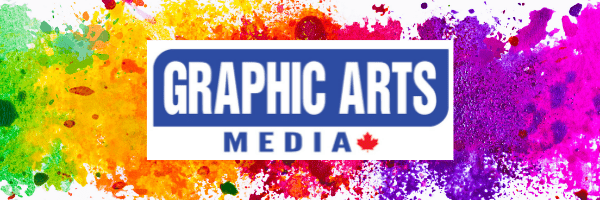 It is one of the hardest things you’ll ever do — letting go. Letting go of what you know so you can learn and experience something new.
It is one of the hardest things you’ll ever do — letting go. Letting go of what you know so you can learn and experience something new.
Years ago when the tug-o-war between Pagemaker and QuarkXPress was in full gear, I camped on the Pagemaker side of the equation. There was no compelling reason for the choice; Pagemaker was installed in the shop where I worked. Using it daily creates habits and you come to expect certain things to be and move in certain ways.
Years later, I became the publisher of newspaper where Quark was the software of choice. For those who know the programs, the end result is fairly even but the route there is quite different. It’s not just learning different keystrokes, tips and tricks; the two rivals approach the interface from different ends of the stick. It requires a new orientation. After months of arguing the Pagemaker advantage, I faced the inevitable and opened Quark.
“Learning Quark is easy,” said Michelle who was hired to help me make the switch. “I can teach you the basics in a couple of hours. However, getting you to let go of the way you’ve been doing page layout could take several weeks.”
Letting go of what you know. I’ve attended several management and leadership workshops where ‘letting go’ was the major exercise for developing character and building trust. In one such case, the exercise involved climbing up a 25-foot pole that had a 9-inch square platform nailed to the top. The challenge was to stand on the platform and leap off and grab another rope—stretched horizontally—a few feet away. Thankfully, we were tethered to a safety line.
If you ever land up in a similar exercise, the most difficult part isn’t leaping off. The platform, small and shaky as it was—plus the comfort of seeing what you’re reaching for—provides a degree of comfort. And of course, there’s the optimism that things will go as planned!
No, by far the most difficult part is transitioning onto the platform. Climbing up is relatively easy because you have something to hang on to—much like climbing a ladder. Once you reach the platform however—remember it’s only a 9-inch square—you no longer have a place above you to put your hands. Holding on to the platform and trying to get your feet up requires great agility. And should you be lucky enough to get to a squatting position, standing erect on a pole that’s ‘to-ing ’n fro-ing’ requires incredible trust and balance. We spent an afternoon conquering our fears on that pole, and never really got good at it.
The instructor made it look easy and he would show the possibilities by doing it blindfolded. “The point is,” he would say, “we like to cling on to what we know. It feels safe. But if you want to grow, you have to let go.”
The challenge for many business owners is to let go and share decision-making power with others. Having done it ‘their way’ for however many years, these owners want to be involved in everything from the biggest decisions to the tiniest details. What they don’t realize is that this attitude is holding them—and their business—back. If you want your business to grow, you have to let go.
When the owner or manager tries to do it all, here is what usually results:
Opportunities are missed – With a mindset to stick with existing activities and practices, new opportunities are not seen.
Employees are less productive – Instead of being excited and taking initiative to improve performance, employees simply do what they are told.
Employees leave – With little opportunity to grow and take on more responsibility, employees will find other employers who recognize their talents and will appreciate them.
The business stays small – That way, the owner keeps the business manageable.
Planning suffers – Since the day-to-day operation occupies all the manager’s time, little attention is paid to where the business is or where it is heading.
The owner burns out – No person can do it all. It’s not only the business that takes a toll; the owner usually lands up physically and emotionally depleted as well.
It is so easy to see patterns of ‘holding on’ in our friends and associates, patterns that prevent so much more from happening. The thing is, those same friends and associates are seeing similar patterns in us. Is there something you will let go of today? Or will you just turn the page?





